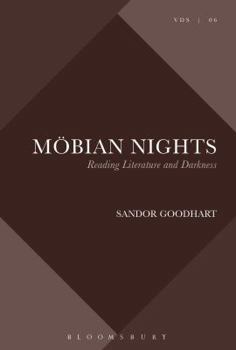Möbian Nights: Reading Literature and Darkness
Select Format
Select Condition 
Book Overview
"I died at Auschwitz," French writer Charlotte Delbo asserts, "and nobody knows it." M bian Nights: Reading Literature and Darkness develops a new understanding of literary reading: that in the wake of disasters like the Holocaust, death remains a premise of our experience rather than a future.
Challenging customary "aesthetic" assumptions that we write in order not to die, Sandor Goodhart suggests (with Kafka) we write to die. Drawing upon analyses developed by Girard, Foucault, Blanchot, and Levinas (along with examples from Homer to Beckett), M bian Nights proposes that all literature works "autobiographically", which is to say, in the wake of disaster; with the credo "I died; therefore, I am"; and for which the language of topology (for example, the "M bius strip") offers a vocabulary for naming the "deep structure" of such literary, critical, and scriptural sacrificial and anti-sacrificial dynamics.Format:Paperback
Language:English
ISBN:1501350811
ISBN13:9781501350818
Release Date:February 2019
Publisher:Bloomsbury Academic
Length:352 Pages
Weight:1.02 lbs.
Dimensions:0.7" x 6.0" x 9.0"
Customer Reviews
0 rating





